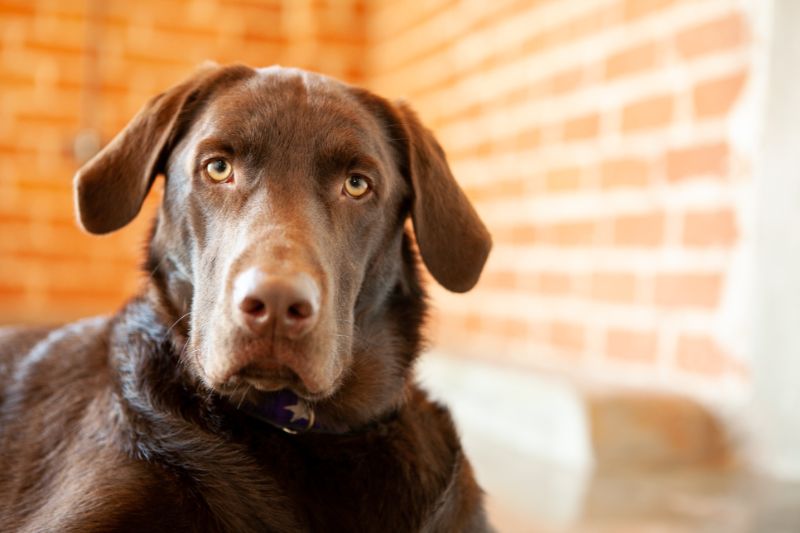Blog
The More You Know About Pet Poison Prevention Could Save a Life

March is a really important month for veterinary professionals and pet owners alike. Why? Because it’s Pet Poison Prevention Month!
It might seem over-the-top to designate an entire month to raise awareness about this issue, but accidental exposure to harmful chemicals, toxic plants, dangerous foods, and human medications can place a pet in the crosshairs.
Always Sniffing
Although their keen hearing and vision are important, pets primarily explore their environments with their senses of smell and taste. As a result, pet poison prevention should be a top priority in and around the home. Be sure to secure known toxins behind closed doors or in locked cabinets, and check floors and easily accessible surfaces on a daily basis.
If and when chemicals or products are used around the home, crate your pet (or consider boarding them) until it’s safe for them to return to their environment.
Pills and More
Whether intended for your animals or the people in your house, all medications should be kept out of your pet’s reach. Prescription or over-the-counter medications, vitamins, and supplements can all cause severe symptoms that require emergency veterinary care if eaten.
So Hungry
Unfortunately, many of the foods that people love are responsible for poisoning pets. Chocolate, caffeine, alcohol, macadamia nuts, grapes, raisins, onions, garlic, and anything artificially sweetened with Xylitol must be off-limits to pets. Be sure to:
- Store backpacks, handbags, and coats up off the floor or behind closet doors.
- Bring lunch bags and packs into the kitchen and empty out the leftovers immediately upon entering the home.
- Restrict access to the garbage cans and pantry.
The Garage or Shed
The following yard/garden products shouldn’t be used around pets:
- Fertilizer
- Pesticides
- Snail, slug or rodent baits
- Cocoa mulch
- Bone or blood meal
- Compost
If you do use these types of products, check your garden center for pet-safe brands. Also, only allow your pet outside access when sprayed chemicals have completely dried.
Antifreeze may be necessary in cold weather for our cars and trucks, but it can be deadly if eaten. Clean leaks on garage floors or driveways and securely store bottles out of reach.
Plants and Blooms
Eliminate any risks from toxic plants or flowers by never bringing poisonous blooms inside the house. The following plants are especially dangerous to pets:
- Lilies (extremely dangerous for cats)
- Sago palm
- Tulips, daffodils, cocuses
- Azaleas
- Oleander
Please check out this list for more information on toxic plants. Likewise, essential oils (typically used in diffusers, but can be found in personal care products and natural cleaners) can threaten pet poison prevention tactics.
Pet Poison Prevention at Home
Depending on what a pet gets into and how much they ate, these types of symptoms are usually seen in pet poisoning cases:
- Vomiting or diarrhea (with or without blood)
- Drooling
- Nausea
- Inappetance
- Collapse
- Weakness
- Increased heart rate
- Pale gums
- Extreme changes in thirst or urination
- Discolored gums
- Changes in behavior
Please don’t wait to seek emergency veterinary help. We are always here for you at Ten West Bird and Animal Hospital.
